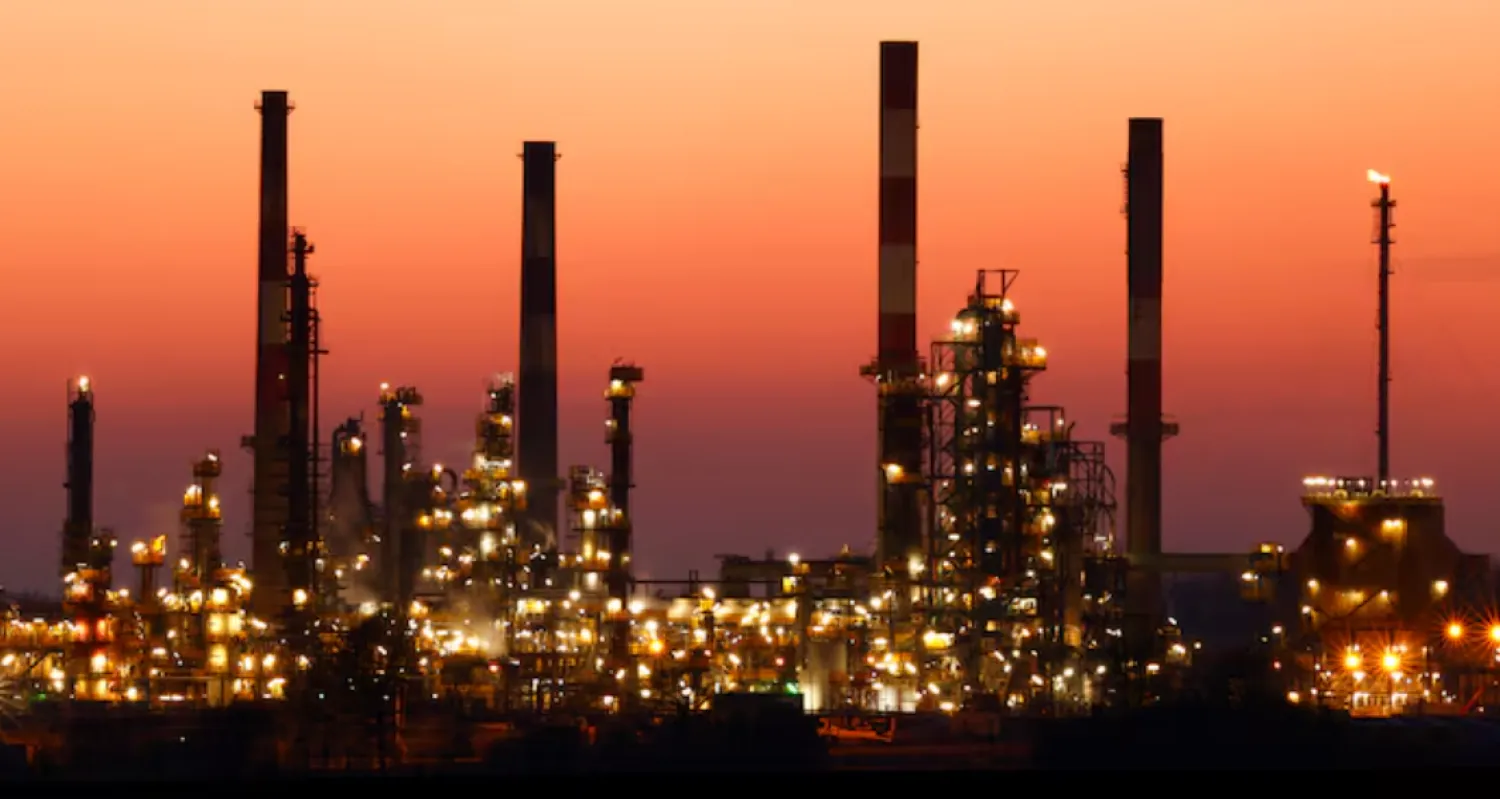Saudi Arabia’s Public Investment Fund announced that it has entered into a share purchase agreement to acquire a 10% stake in London Heathrow Airport as part of a shareholder reshuffle, SPA said on Wednesday.
Under the terms of the agreement, PIF will acquire 10% in FGP TopCo, the holding firm of Heathrow Airport Holdings, while French-based private equity fund Ardian will acquire 15% through separate vehicles.
The transaction is subject to complying with ROFO (Right of First Offer) and full tag-along rights which may be exercised by the other TopCo shareholders pursuant to the Shareholders’ Agreement and the Articles of Association of the company, in addition to satisfaction of applicable regulatory conditions.
PIF is pleased to be investing in Heathrow, a world-class airport, which acts as a key gateway to the world.
PIF’s investment in Heathrow is in line with its strategy to support the business as a long-term partner.
Heathrow is one of the world’s largest air traffic platforms, connecting the UK with global trading partners to help stimulate economic growth.









